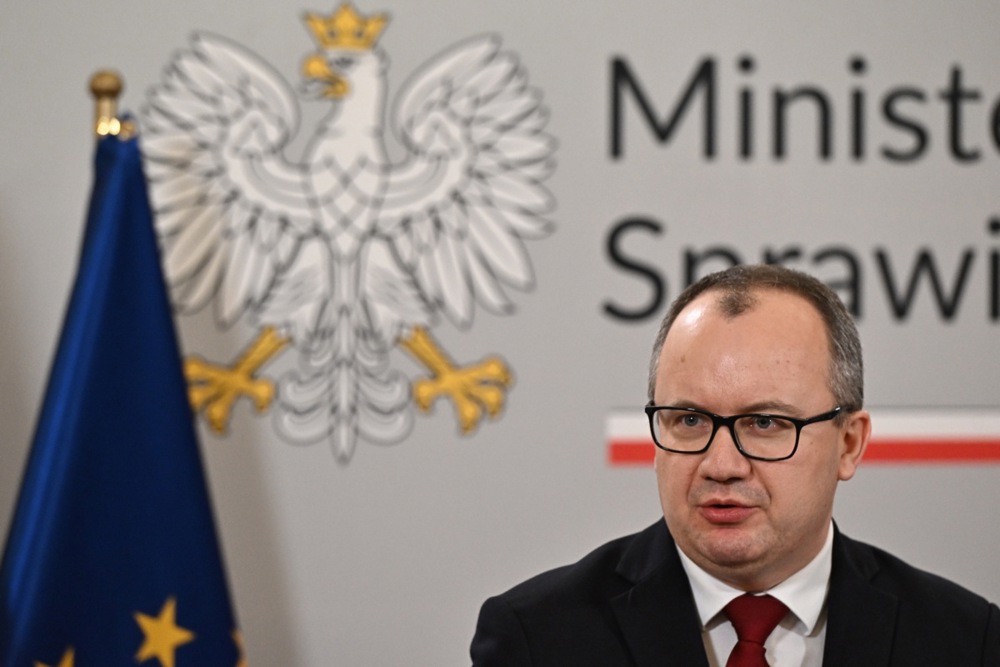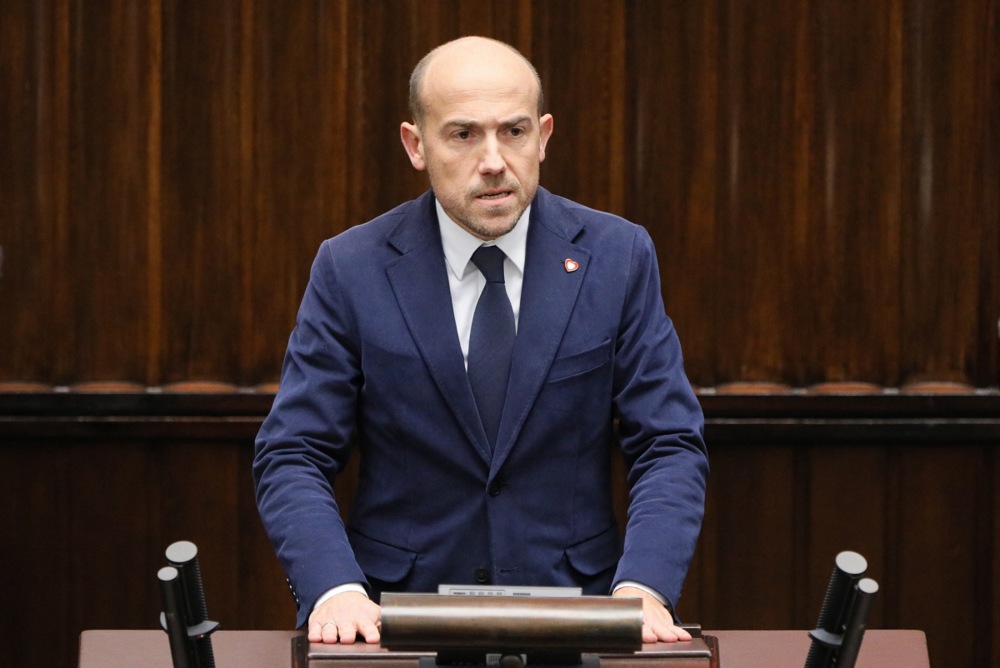Polish Prime Minister Donald Tusk’s government-appointed commission investigating Russian influence has produced a report urging prosecutors to charge former Conservative (PiS) defence minister Antoni Macierewicz with treason.
The report by the body set up in May this year looked into his actions that allegedly helped Russia to weaken Poland’s defences.
In 2023, when the PiS was in government prior to the current administration, it set up its own body to investigate Russian influence. That move was slammed by the Tusk-led then-opposition and the European Commission as an attempt to discredit the current PM ahead of the last elections.
The PiS commission, before being disbanded by the incoming ruling majority in the autumn of that year, claimed Tusk and his allies were a security risk and should not hold State positions in the security field in future.
It said that was due to what was described as close relations between Polish and Russian security services during the lifetime of a previous Tusk government (2007-2015).
In May 2024 the current government set up its own body to examine Russian influence in Poland. On October 30, it produced an interim report slamming PiS officials for allegedly “enabling” such influence in Poland. It recommended public prosecutors charge the former PiS defence minister (2015-2018) Macierewicz with treason for allegedly making decisions favourable to Russian interests.
If convicted of the offence of “diplomatic treason”, Macierewicz could be sentenced to 10 years in prison.
The head of Tusk’s commission, General Jarosław Stróżyk, told reporters on October 30 that, while in office, Macierewicz had decided that the Polish military should pull out of a European programme to buy tanker planes capable of aerial refuelling.
Stróżyk claimed that move damaged Poland in that “it was an arbitrary, unfounded, thoughtless, short-sighted, unjustified and ill-considered decision, surprising for the military and probably dictated by the ex-minister’s dislike for Poland’s EU partners”.
Among other provisional findings announced by Stróżyk was the alleged financing by Poland of Russian-influence operations in the US, damaging of the Polish security services’ capabilities, and a failure to prepare Poland for Russia’s invasion of Ukraine in 2022.
“The incidents revealed by the commission testify to the deliberate weakening of Poland’s security, including the potential of the armed forces and security services, and to the weakening of Poland in the international arena, which is in line with Russia’s policy objectives,” claimed Stróżyk.
He also alleged that President Andrzej Duda, a PiS ally, was withholding information from the current commission, a charge the head of state’s National Security Bureau called “absurd and unsubstantiated”.
After the latest commission announcement, Poland’s foreign minister Radosław Sikorski declared: “If Antoni Macierewicz was a Russian agent, he could not have done a better job. I hope that he will finally be locked up.”
Macierewicz responded saying he had “nothing to fear” from the commission, while his party colleagues called its findings “politically partisan”.
“The ‘diplomatic treason’ consisted of the fact that, thanks to my policy as defence minister, we concluded an alliance with the United States for the first time in Polish history, guaranteeing the presence of the American army in Poland, and that I created a territorial army from scratch which is now acknowledged to be a major contribution to boosting Poland’s military capacity,” Macierewicz told portal wPolityce.pl on October 31.
At the same time, PiS MP and former deputy foreign minister Marcin Przydacz told the Polish Press Agency (PAP) that the new Russian influence commission was “tainted by the sin of politicisation as it was not elected by parliament but selected by ministers of this government”.
Former PiS defence minister Mariusz Błaszczak (2018-2023) told TV channel wPolsce24 that Stróżyk “lacks credibility as he was an officer of the military intelligence service, which Macierewicz disbanded” and accused the Tusk government of “attempting to distract public opinion from the fact that Tusk and Sikorski both supported the reset with Russia”.
Macierewicz is regarded as a bête noire by Polish Liberals and the Left. When he was interior minister in the right-wing coalition government in 1992, he was responsible for publishing a list of former Communist secret-police informants, a move that brought down the then-government.
As deputy interior minister in a PiS government in 2006, he disbanded the military intelligence agency for what he said was its Communist past.
He was the politician who headed an investigative committee into the Smolensk air tragedy of 2010 in which the then-president Lech Kaczynski perished along with 95 others. That committee published claims, disputed by experts and the Tusk government, that the plane crashed as a result of an explosion on board.
During the time of the “reset” with Russia during the Obama US presidency (2008-2016), the Tusk government at the time criticised the PiS for being “Rusophobic”.
The following PiS administration was at the forefront of efforts to help Ukraine after it was invaded by Russia in 2022, a stance supported by the Tusk opposition at the time.
On returning to government, Tusk has sought to portray any criticism of his administration over security and foreign policy as intentional or unintentional support for Russia.





